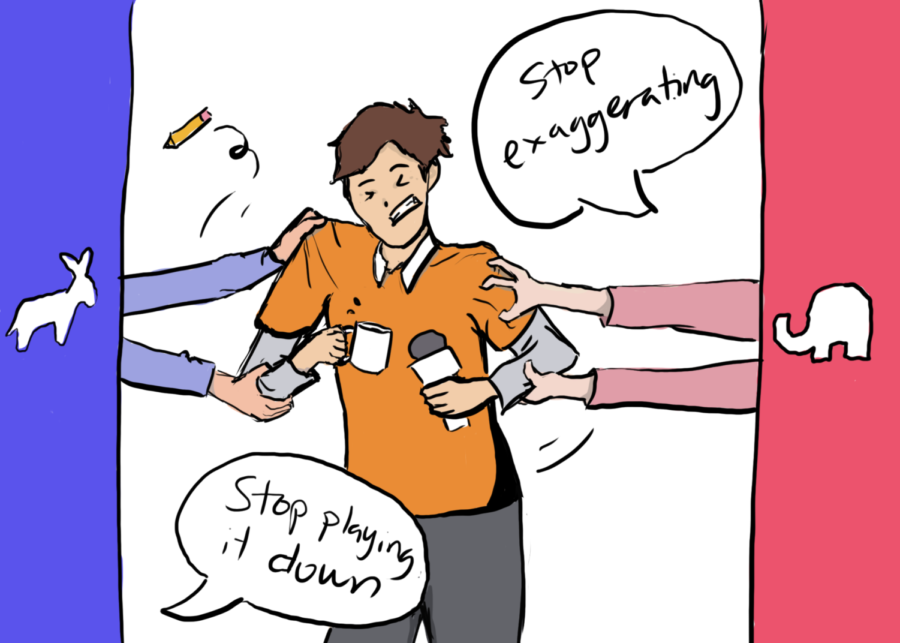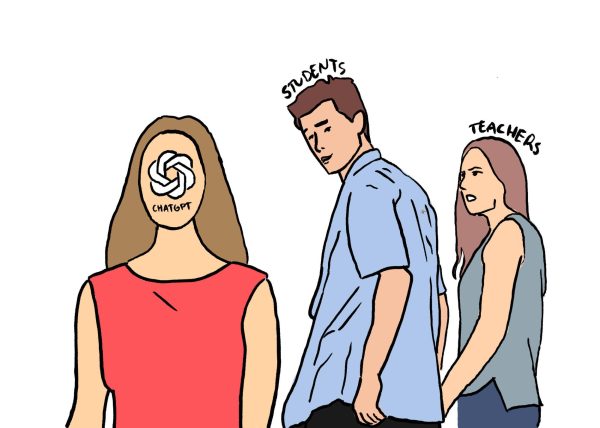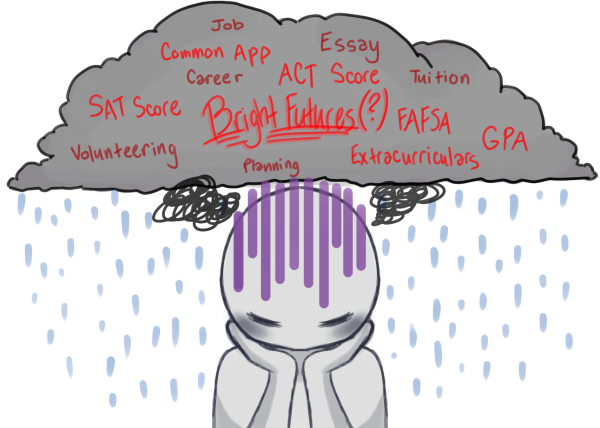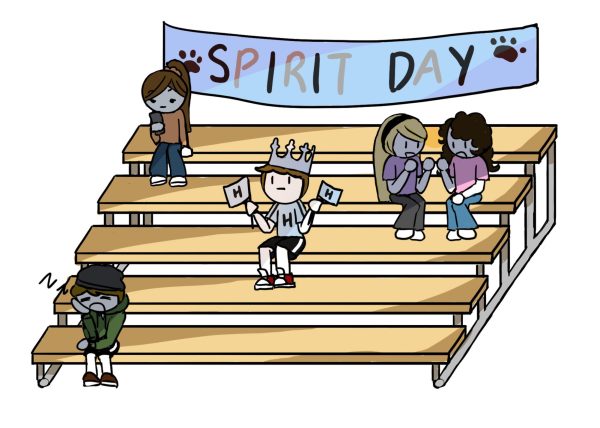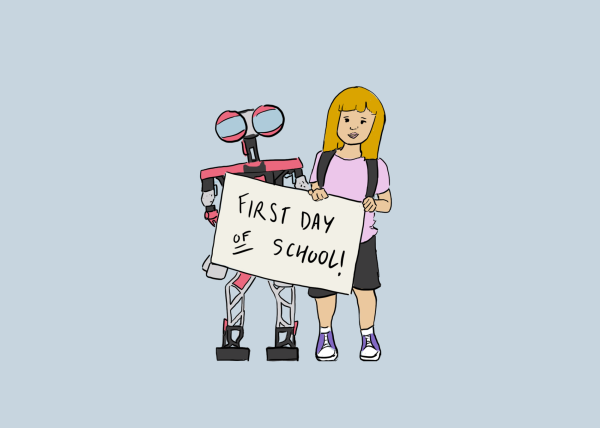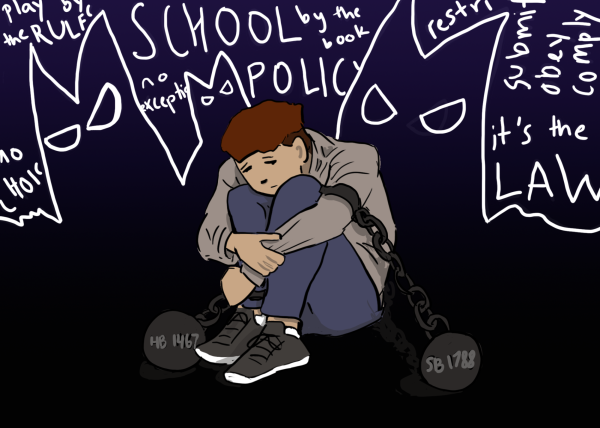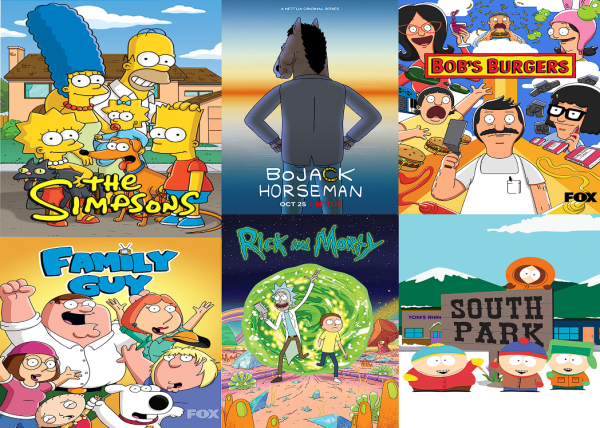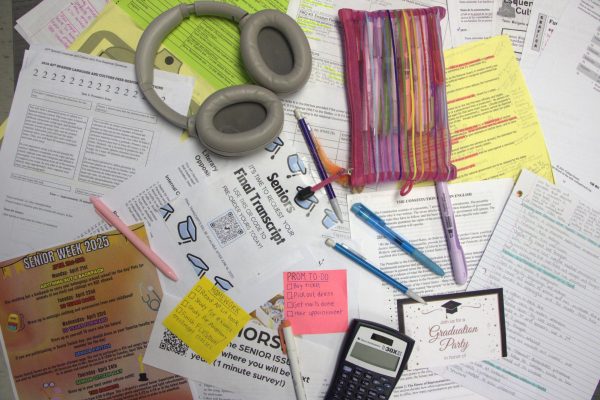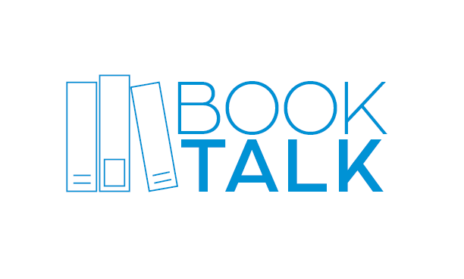The struggles of being a journalist in an age of polarization
photo by Josephine Lim
The rise in polarization has had reverberating consequences on journalists. Both the left and right judge us by what party we lean towards, instead of the quality of our content.
It’s no secret: the U.S. is divided. Party polarization is not a novel idea, and never has been. Younger Americans are becoming more and more disillusioned with their government, our political climate is turning increasingly antagonistic, families are split over political lines. While the polarization of media is easy to find, it discounts the toll on human journalists. As student journalists, we especially feel this effect on the career we hope to pursue one day — as America grows more divided, journalists are paying the price.
Some argue that the media itself is driving this political polarization, with the desire for viewership and ratings outweighing the moral obligation to tell the truth. News outlets like CNN and Fox News are known for catering to the far left or right, and while that may be the case, one or two biased networks does not mean all networks are. Unfortunately, this is the outlook many people apply to all media. Even before we have uttered a word, people have made their own assumptions about us, about the publication we work for. Are you a Democrat? Republican? Left? Right? Instead of our quality of reporting and writing, our answers to these questions are the deciding factors in whether our articles are read or not. As journalists, it is increasingly becoming more difficult to portray ourselves as who we aspire to be: a source of truth, a symbol of fact, a beacon of accuracy.
But the rise of distrust of the media predicts a much more dangerous trend: the downfall of democracy. Democracy is built on the ideal of cooperation. Cooperation is built on the ideal of trust. But how can we as Americans even begin to trust one another if we do not believe in the same truths?
For example, in the coverage of the 2020 election, as Florida votes were counted and appeared to sway in Trump’s favor, Tucker Carlson on Fox News called the state “the future of the country,” while criticizing earlier predictions that Biden had done well in the state.
Meanwhile, the more liberal MSNBC minimized Florida’s importance to Biden’s chance of winning. Host Nicolle Wallace stressed that Michigan, Pennsylvania and Wisconsin were more important to Biden for him to gain the 270 electoral votes. The problem with this stark difference in coverage is its impact on their viewers; viewers are receiving two alternate versions of one event, each believing that their version is fact. If the two attempt to have a conversation, they will find it very difficult to do so because they cannot even agree on what is fact and what is fiction.
Whether you are Democrat, Republican, or Independent, the next time you read a news article, remember that we are human. We have biases, we have party leanings, we have opinions. But we are also journalists. We have a duty and an obligation to report the news, the news we interviewed and fact-checked and spent countless nights writing. Despite our personal beliefs, we strive to uphold that duty, and we can only ask that you give us a chance.
Your donation will support the student journalists of Hagerty High School. Your contribution helps us publish six issues of the BluePrint and cover our annual website hosting costs. Thank you so much!

